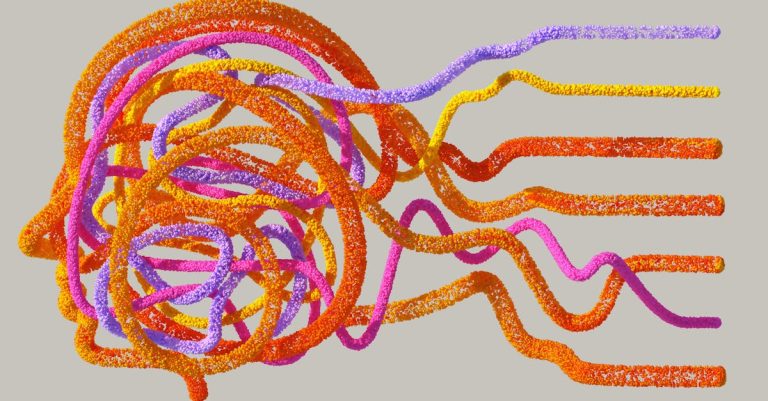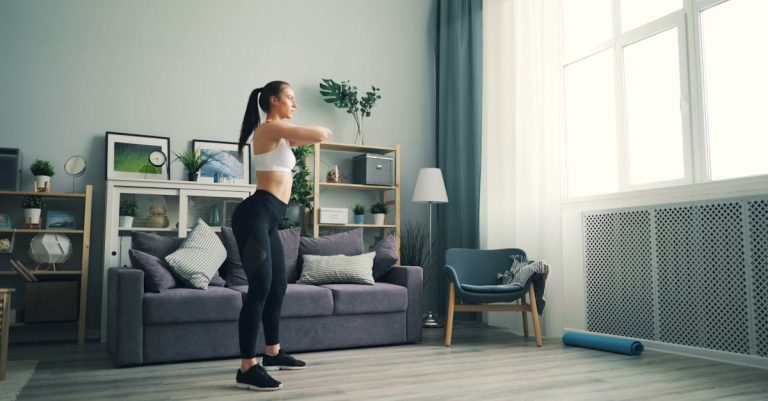In today’s rapidly evolving world, technology has become an essential part of our daily lives. Beyond its ability to connect us socially and streamline our tasks, technology is taking significant strides in improving mental health and wellbeing. From teletherapy to mindfulness apps, the integration of digital solutions with mental health support is redefining how individuals access care, manage stress, and foster emotional resilience.
Teletherapy: Bridging the Gap
Teletherapy, or online therapy, has emerged as a game-changer in the mental health landscape. It allows individuals to connect with licensed therapists from the comfort of their homes. This accessibility is crucial for those who may experience barriers to in-person therapy, such as geographical location or social stigma.
- Increased Accessibility: Many people now have access to mental health professionals via video calls, phone calls, or chat platforms.
- Convenience: Scheduling sessions is easier, as users can choose times that suit their availability.
- Privacy: Many individuals feel more comfortable discussing sensitive issues from their own space.
Mental Health Apps: Tools for Self-Care
Various apps designed to promote mental wellbeing have gained popularity. These apps offer resources for mindfulness, mood tracking, and therapy techniques, enabling users to take charge of their mental health.
- Mindfulness and Meditation: Apps like Headspace and Calm provide guided meditations that help in reducing anxiety and enhancing focus.
- Mood Tracking: Tools such as Moodfit help users log their feelings and identify patterns that may need attention.
- Community Support: Platforms like 7 Cups connect users with trained listeners for on-demand emotional support.
The Role of Wearable Technology
Wearable devices are becoming instrumental in monitoring mental health by tracking physiological indicators linked to stress and anxiety levels. Devices like smartwatches can measure heart rate variability and sleep patterns, providing valuable insights into a user’s emotional state.
- Biofeedback: Wearables provide real-time data, helping users adjust their behaviors and techniques for managing stress.
- Sleep Tracking: Quality sleep is crucial for mental wellbeing, and wearables can help users understand their sleep patterns and improve rest.
Online Communities and Support Networks
The power of connection cannot be underestimated, especially when it comes to mental health. Online communities and forums provide safe spaces for individuals to share their experiences and find support.
- Shared Experiences: Engaging with others who share similar struggles can lessen feelings of isolation.
- Access to Resources: Many online platforms provide relevant articles, hotlines, and expert advice.
- 24/7 Availability: Support is available at any time, making it easier for individuals to seek help when they need it most.
AI and Mental Health Innovations
Artificial intelligence (AI) is increasingly being integrated into mental health care, offering innovative solutions that enhance treatment and accessibility.
- Chatbots for Support: AI-driven chatbots like Wysa provide users with immediate support and coping mechanisms.
- Predictive Analysis: AI can analyze data to predict mental health crises, allowing for timely intervention.
- Personalization: AI can tailor interventions based on individual user data, improving the effectiveness of mental health strategies.
Conclusion
Technology has become an invaluable ally in the fight for better mental health and wellbeing. Whether through teletherapy, mental health apps, wearable technology, supportive online communities, or AI innovations, the landscape of mental health care is continuously evolving to be more accessible and effective. Embracing these technological advances not only empowers individuals to take charge of their mental wellbeing but also fosters a culture of understanding and support.








